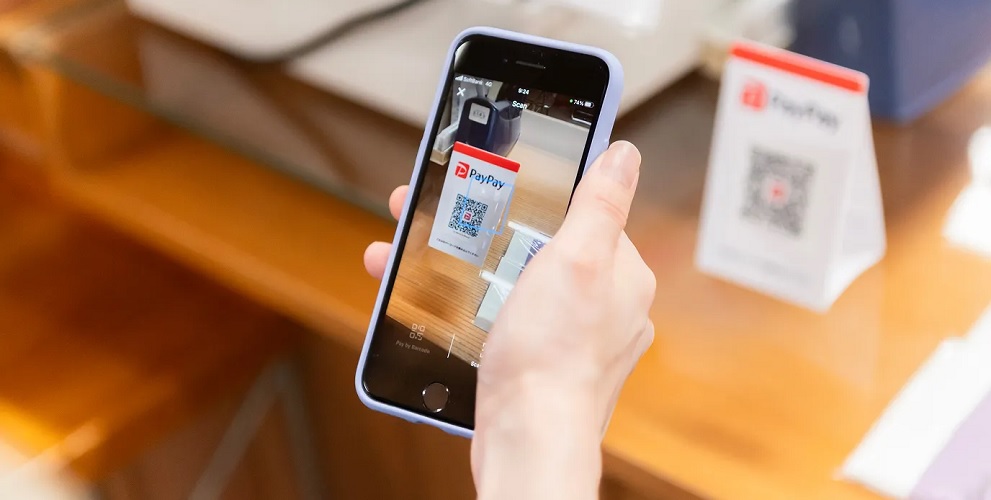New EU measures against money laundering and terrorist financing. MEPs want to restrict transactions in cash and crypto assets. Anonymous crypto accounts would be prohibited.

To restrict transactions in cash and crypto assets, MEPs want to cap payments that can be accepted by persons providing goods or services. They set limits up to €7000 for cash payments and €1000 for crypto-asset transfers, where the customer cannot be identified.
Members of the European Parliament (MEPs) approved stricter rules to close existing gaps in combating money laundering, terrorist financing and evasion of sanctions in the EU.
MEPs from the Economic and Monetary Affairs and Civil Liberties, Justice and Home Affairs committees adopted their position on three pieces of draft legislation on the financing provisions of EU Anti-Money Laundering and Countering the Financing of Terrorism (AML/CFT) policy. The package consists of:
the EU “single rulebook” – regulation – with provisions on conducting due diligence on customers, transparency of beneficial owners and the use of anonymous instruments, such as crypto-assets, and new entities, such as crowdfunding platforms. It also includes provisions on so-called „golden” passports and visas. The text was adopted with 99 votes to 8 and 6 abstentions.
The 6th Anti-Money Laundering – directive – containing national provisions on supervision and Financial Intelligence Units, as well as on access for competent authorities to necessary and reliable information, e.g. beneficial ownership registers and assets stored in free zones. The text was adopted with 107 votes to 5 and 0 abstentions.
The regulation establishing the European Anti-Money Laundering Authority (AMLA) with supervisory and investigative powers to ensure compliance with AML/CFT requirements. The text was adopted with 102 votes to 11 and 2 abstentions.
Read the quotes of the MEPs who will lead the negotiations on the final shape of the bills here.
According to the adopted texts, entities, such as banks, assets and crypto assets managers, real and virtual estate agents and high-level professional football clubs, will be required to verify their customers’ identity, what they own and who controls the company. They will also have to establish detailed types of risk of money laundering and terrorist financing in their sector of activity, and transmit the relevant information to a central register.
To restrict transactions in cash and crypto assets, MEPs want to cap payments that can be accepted by persons providing goods or services. They set limits up to €7000 for cash payments and €1000 for crypto-asset transfers, where the customer cannot be identified. Given the manifest risk of misuse by criminals, MEPs want to ban any citizenship by investments schemes (“golden passports”) and impose strong AML controls on residence by investment schemes („golden visas”).
AMLA to ensure consistent enforcement
The new AMLA would monitor risks and threats within and outside the EU and directly supervise specific credit and financial institutions, classifying them according to their risk level. Initially, it would be tasked with supervising 40 entities with the highest residual risk profile and present in at least two member states. At a minimum, one entity from each member state would be chosen.
To fulfil its duties, AMLA could mandate companies and people to hand over documents and other information, conduct on-site visits with judicial authorisation, and impose sanctions of €500 000 – €2 million, or 0.5-1% percent of annual turnover, for material breaches – and up to 10% of the total annual turnover of the obliged entity in the preceding business year.
In their position on the draft law, MEPs wish to extend the agency’s competence to drawing up lists of high-risk non-EU countries. MEPs also want to give AMLA the powers to mediate between national financial supervisors and settle disputes, supervise and investigate the national implementation of the single AML rulebook, ensure stronger oversight of the supervisors in the non-financial sector and receive whistleblower complaints.
The agency’s seat will be decided during the negotiations between the Parliament and Council.
Next steps
The European Parliament will be ready to start negotiations on the AML/CFT package after a confirmation during a plenary session in April.
Dariusz Mazurkiewicz – CEO at BLIK Polish Payment Standard
Banking 4.0 – „how was the experience for you”
„To be honest I think that Sinaia, your conference, is much better then Davos.”
Many more interesting quotes in the video below:










